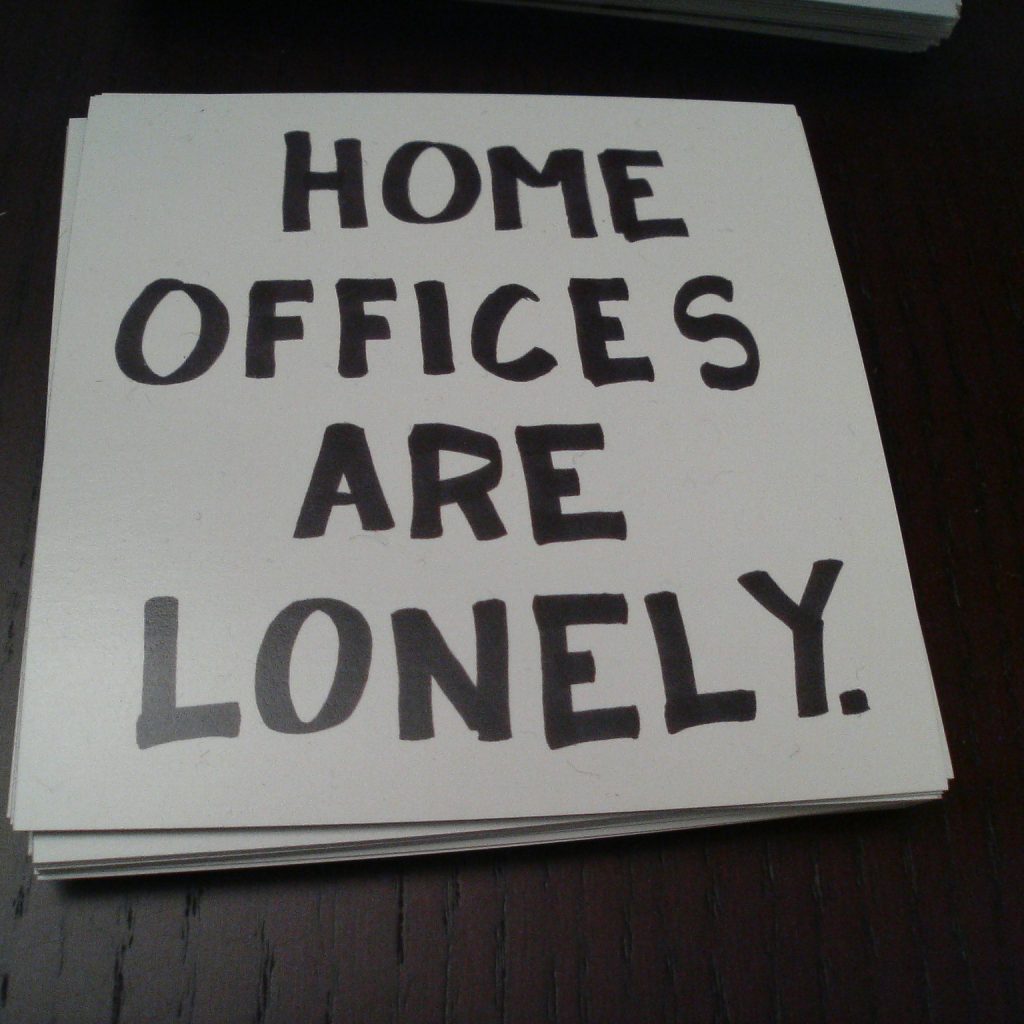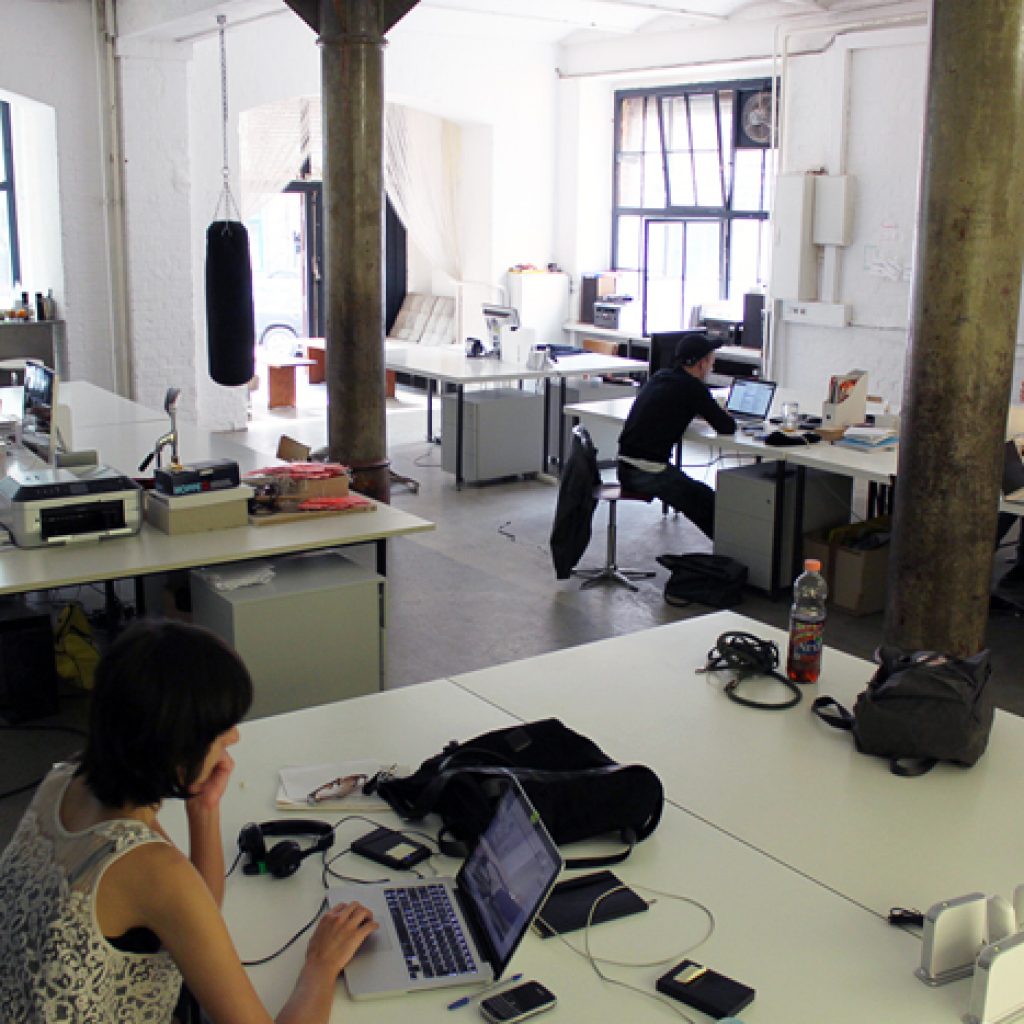Get Welly Moving… How About Staying Put?
Kathleen Wright puts forward the case for ditching the commute into town and working locally. And, even saving the city some infrastructure costs.
Forget about getting Welly moving. Perhaps we should think more about how workers can stay put and build more resilient and sustainable communities in the places where they live.
As Wellington’s population is growing, transport systems becoming strained, and the cost of living rising it’s time to think differently about how we keep our much touted “Best Little Capital in the World” title. The future (and the present) of work needs to be thrown into the mix.
Workplaces are changing
“Telecommuting” (which ten years ago was the buzz word and fell flat on its face) is now taking off, mostly unsupported, all around our region. It is now called “remote working” or “working from home” and an increasing amount of Wellingtonians are doing it every year, either all week or for part of the week.
Online working, fibre internet and video conferencing that actually functions properly means we can work anywhere and at anytime.
Large organisations and government departments (not necessarily publicly) are recognising that working from home is a great cost saver in the age of soaring rents in the CBD, made worse by lack of supply following the recent earthquakes. Introducing remote working can also help them to meet their flexible working agendas by allowing people to work from home.
International corporates, most recently Shopify, are now operating in Wellington. They base their business model on remote working. This means employing people who then arrange their own place to work.
Add into the mix that we have hundreds of Wellingtonians starting businesses, mostly from home, every year, and you have a growing cohort of mostly invisible workers hidden away in their homes.

The rise of the co-working space
Social change in the way we work has given birth to a new player in the workplace market. The co-working space. A shared space (usually quite stylee) which provides everything you need to get your work done.
In some places this includes a social life and networking. All you need to do is rock up with your laptop and phone. Volia! instant office and workmates. How easy is that!
People that co-work are usually individuals or small teams and what started with just one major player in Wellington CBD 5 years ago with the Bizdojo (the grandaddies of the co-working movement) has now gone ballistic.
Co-working spaces are popular because they are easy, but most importantly because people are beginning to recognise that working alone has a significant detrimental effect on their mental health as well as the growth of their businesses.

Uh huh that’s all very well for the CBD but what has that go to do with Welly staying put?
Bear with me.
Co-working costs money. Membership is usually at least $500/month plus the cost of transport. For a lot of workers this makes them financially out of reach, and add this to the need to stay local because of family commitments it’s just not a happening thing.
Our suburbs are increasingly disconnected
In the morning the suburbs are briefly a hive of activity. People jump into their cars or buses (and the odd bike) and rush into work dropping their kids off to childcare or school along the way.
For the increasing number of people “left behind” the suburbs become a seriously lonely place during the day. With less space and lack of housing, finding somewhere to work at home can be a real barrier to being engaged in remote economic activity – not to mention the lack of professional and personal development that results in working alone. It’s not just older people that suffer from social isolation.
A new type of community centre?
In Wellington we talk a lot about the need to build resilient communities in our suburbs.
We talk about great places to live and play but ignore that these places are where people also try and work.
Throwing economic activity in the “community” or “social” basket is a no-no.
It’s time for a change.
With central government’s new enlightened focus on wellbeing we need a partnership between Council and suburban communities to provide for local economic development in an innovative and inclusive way.
The existing community centre model should be opened up and a new “village square” in the form of a community-run co-working space or “business community centres” considered.
So, Welly, let’s think about how we can stay put, at least for some of the week, and work alongside each other in our own communities. Imagine what connections and changes we could make together?
Oh, and there might be some savings to infrastructure along the way as well.
Side note: I started SubUrban Co-Working, not-for-profit a social enterprise, four years ago. The mission was developing a local workplace and catalyst for collaboration for business people, and a kickstarter for enterprise projects that benefited the wider community. The space was closed at the end of January this year. But that’s another story.
Images:
- Home offices are lonely – Roland CC flickr
- Feature image – Rawpixel CC
- Co work space – Unsplash CC
Leave a comment